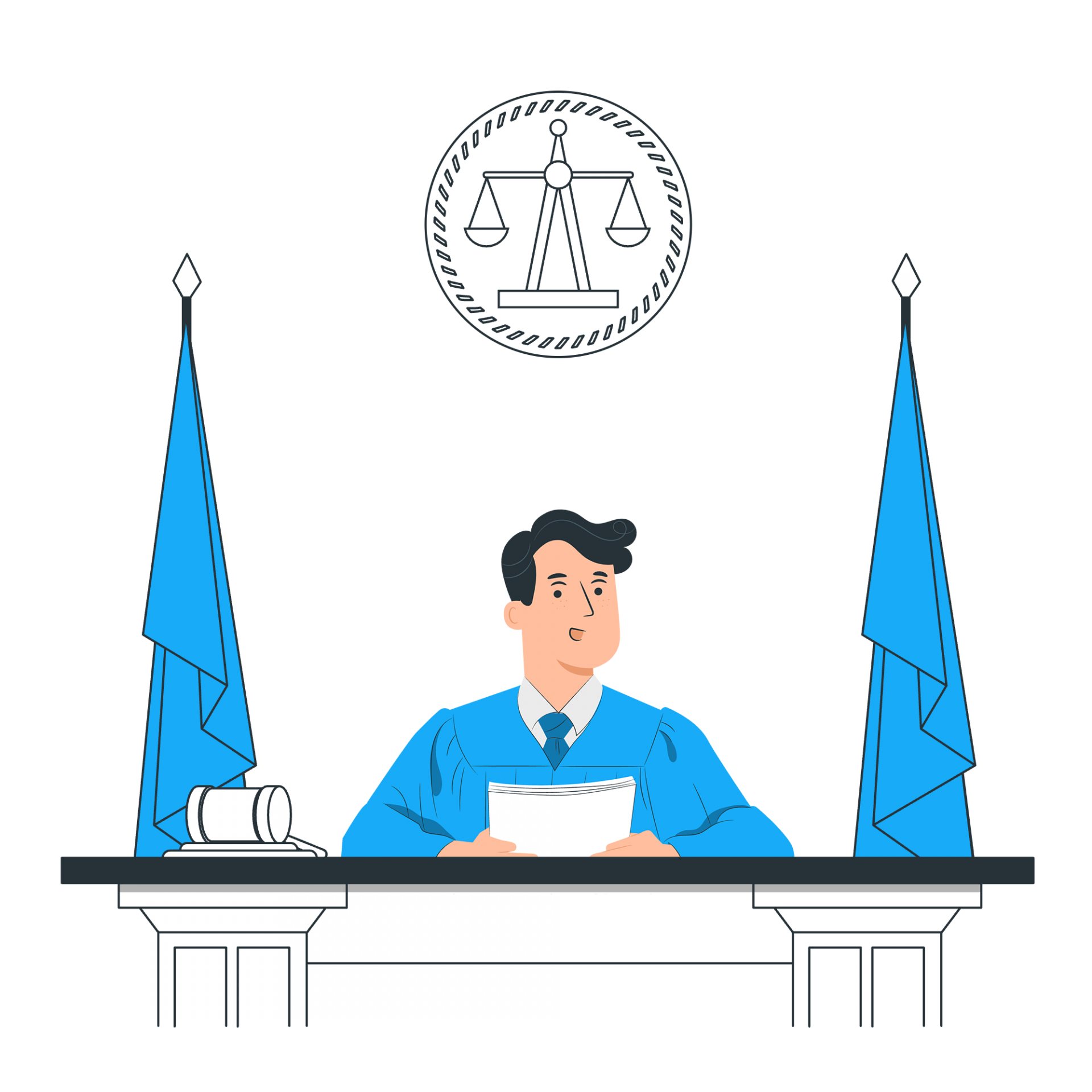Expert Witness Search Strategies for Attorneys
The selection of an expert witness determines the success or failure of a legal case. Lawyers require experts who bring credibility, deep subject matter knowledge, and strong persuasion abilities. The selection process requires patience, yet the correct strategy combined with rigorous evaluation and precise selection methods will create successful courtroom presentations.
Start with the Case Needs
Every case is different. The identification of case issues guides the selection process. A medical malpractice case requires a doctor with specialized expertise. For engineering disputes, a structural expert holds the required expertise. Understanding the details of the case prevents you from spending time evaluating unqualified candidates. The determination of exact expertise requirements enables expert testimony to align directly with case strength requirements. The more precise the selection, the stronger the argument in court.
Leverage Professional Networks
Connections matter. Colleagues, law firms, and bar associations can provide valuable recommendations. Many experienced attorneys have lists of experts they trust. Reaching out to professional organizations also helps. Many fields have associations that maintain directories of experts in their industry. Building relationships with professionals across industries can also lead to valuable referrals. Experienced attorneys often rely on these connections to find experts who have proven their credibility in past cases.
Use Expert Witness Directories
Several online directories specialize in expert witnesses. These platforms categorize experts by field, making it easier to find a match. Some directories offer reviews or ratings, which can provide insight into an expert’s credibility and past performance. This can be a great starting point before deeper research. These directories often include details about an expert’s previous testimony, education, and specialty, allowing attorneys to filter options quickly. Using multiple directories can increase the chances of finding a well-suited expert.
Evaluate Credentials and Experience
A strong resume is important. An expert should have relevant education, certifications, and years of experience. But credentials alone aren’t enough. Courtroom experience matters, too. Someone may be an industry leader but struggle under cross-examination. Reviewing past testimonies can help determine if they are effective. The ability to think quickly and handle tough questions from opposing counsel is critical. A seasoned expert with courtroom experience can strengthen an attorney’s arguments and provide compelling testimony.
Check for Bias or Conflicts of Interest
An expert should be impartial. If they frequently testify for one side, their credibility may be questioned. Checking past cases can reveal patterns. Opposing counsel will look for conflicts, so it’s better to address them early. A truly objective expert is more convincing in court. Experts with a history of working with both plaintiffs and defendants often have more credibility. Ensuring transparency about past work helps avoid surprises during litigation.
Conduct Interviews
A face-to-face or virtual meeting is crucial. The way an expert explains complex ideas matters. A strong communicator will be more persuasive to a judge or jury. Asking detailed questions about their past testimony, experience, and approach can provide clarity. Their ability to remain calm under pressure is just as important as their knowledge. Observing their demeanor during the interview can indicate how they will perform under cross-examination. Confidence and clarity are key attributes of an effective expert witness.
Review Writing and Presentation Skills
Many experts provide written reports. A poorly written report can weaken a case. Reviewing sample reports helps assess clarity and professionalism. Presentation skills also matter. A confident speaker will be more effective in depositions and trials. The ability to present findings in a structured and clear manner can enhance credibility. Well-prepared reports that align with legal standards strengthen an attorney’s arguments and improve the overall case presentation.
Consider Availability and Cost
Some experts are in high demand. If they are too busy, they may not dedicate enough time to the case. Availability should be confirmed early. Cost is another factor. High-profile experts charge more, but a well-qualified expert at a reasonable rate may be a better fit. Balancing expertise and budget is key. It is also important to consider how much time the expert is willing to commit. A dedicated expert provides a more thorough analysis and preparation for the case.
Litigation Experts and Their Role in Success
A well-chosen expert can strengthen arguments and build credibility. Litigation experts provide valuable insights, helping to clarify complex issues. Their testimony can sway decisions, making them a crucial part of any legal strategy. An expert helps simplify the case’s technical aspects and ensures that arguments are well-supported. Their presence in court can add legitimacy and provide essential context to the case.
Conclusion
Choosing the right expert witness requires effort. A careful approach ensures credibility, clarity, and confidence in court. The right expert strengthens arguments and improves the chances of a successful outcome. With the right strategy, finding the best expert witness becomes a seamless process. A well-prepared and experienced expert enhances case presentation and can ultimately influence the final verdict.

